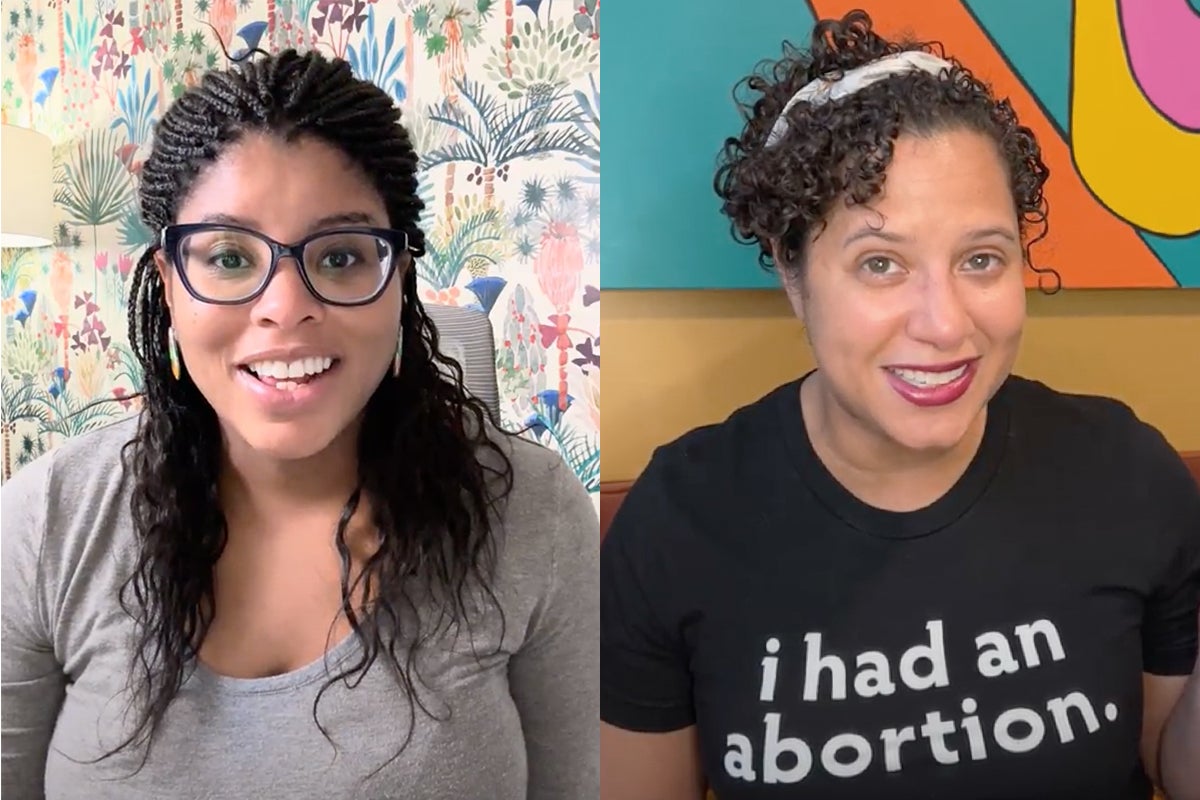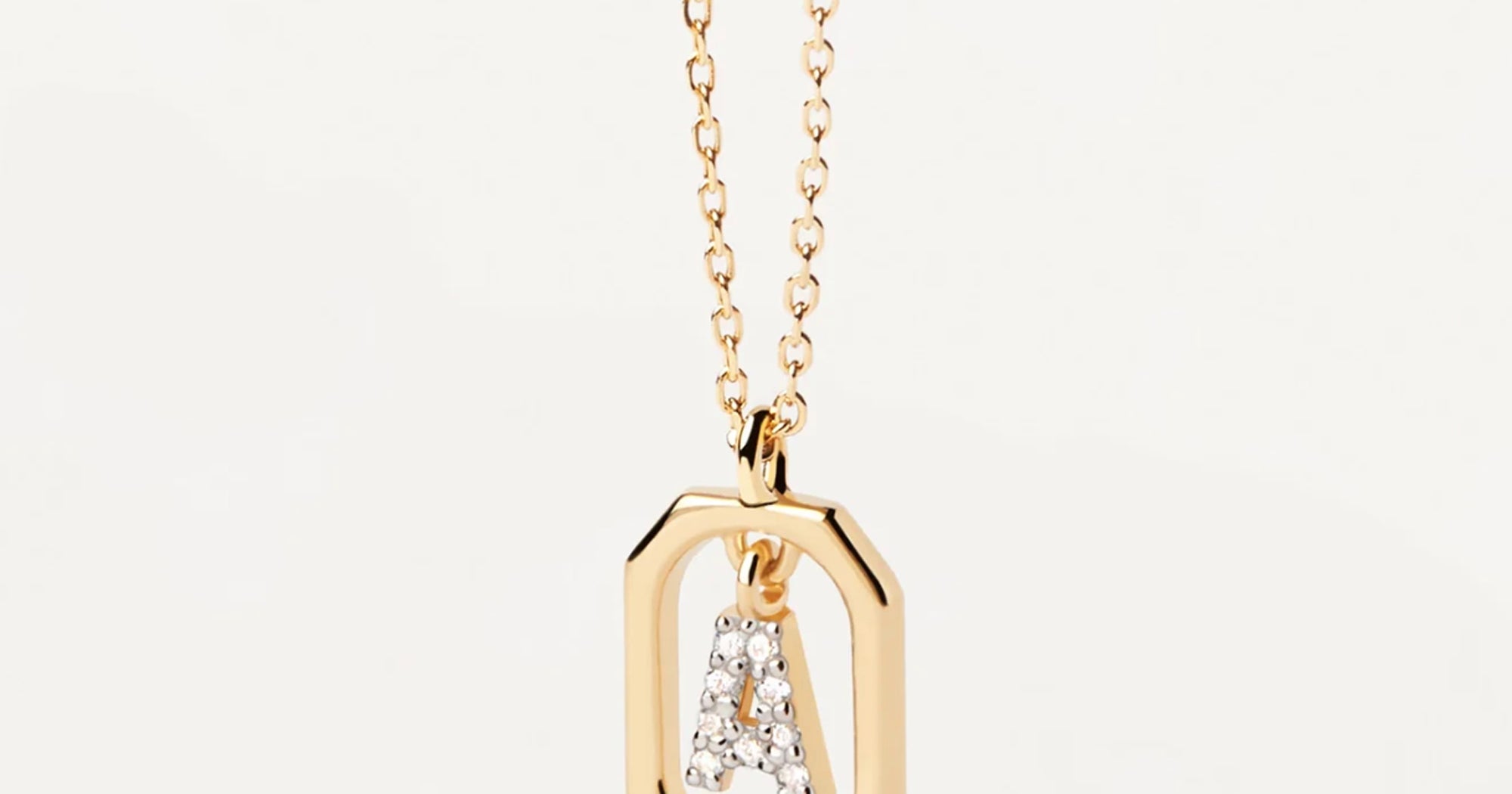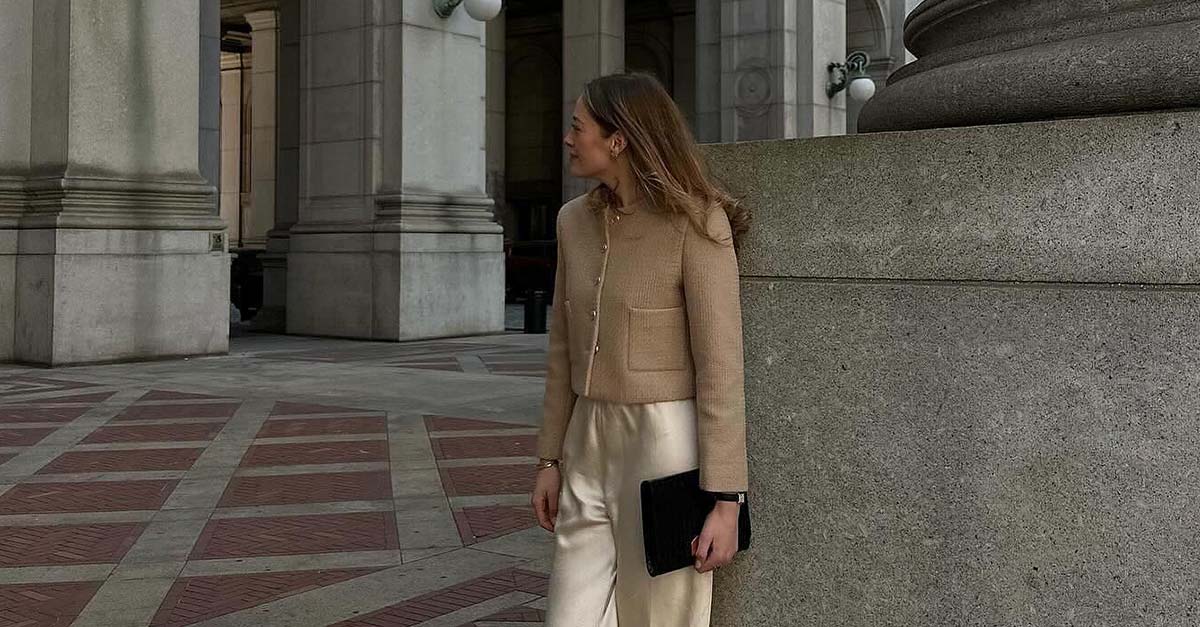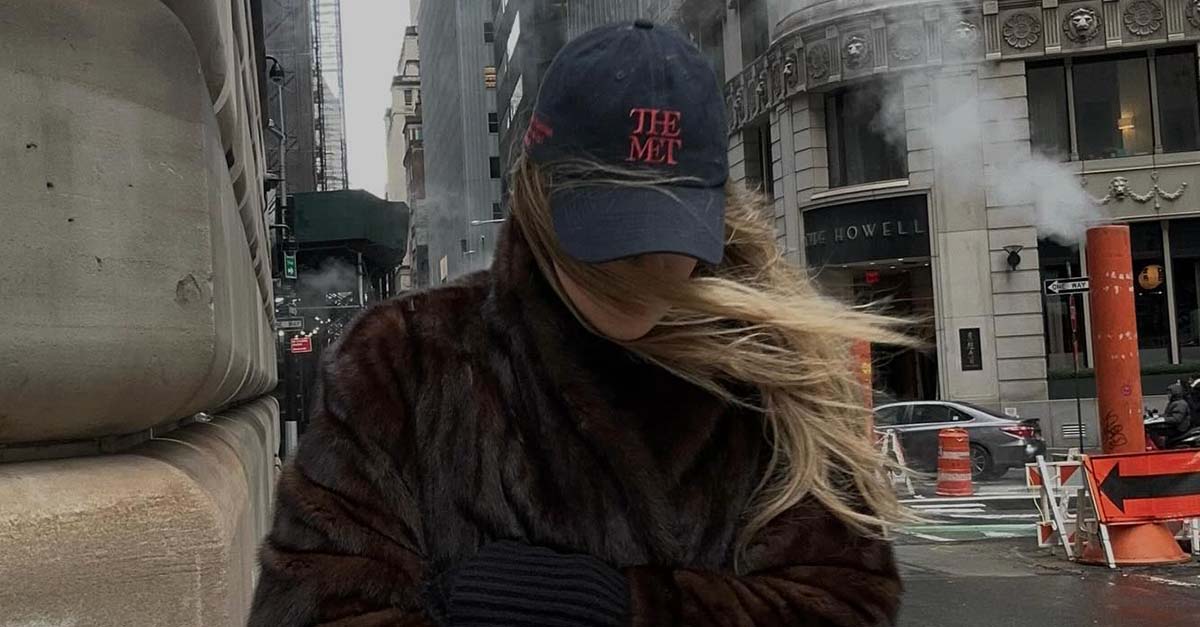
To have a baby or not have a baby. From the moment a woman finds out she is pregnant, various circumstances, health considerations, and personal feelings can drive her decision of when and if she will enter into motherhood. Whatever your stance is on such a choice, in June 2022, the Supreme Court made this decision more complicated.
Since the overturning of Roe v. Wade, which has allowed states to regulate or ban abortions, close to half of the states in the U.S. have made it illegal. Not only has the abortion ban restricted women and their choices in regards to reproduction health, but the ban has also created a bigger stigma around women who choose to seek out an abortion and in some cases, can criminalize them for it.
From what is circulating in the media, there has been a spread of false information about abortion and court cases that have perpetuated fear and shame in people who want a different path for themselves. This has prompted reproductive justice experts Renee Bracey Sherman and Regina Mahone to take the reins in the abortion conversation. After doing countless research on the history of this procedure and its impact on Black and brown people, both thought that it was time to talk about it differently as we move forward in this political climate.
Premiering on Jan. 17 and created by The Meteor, Bracey Sherman and Mahone are launching a podcast called The A-Files: A Secret History of Abortion that seeks to dismantle widespread false information about it. The series will unpack it all—from the hidden history of this standard practice and how some of the most popular pro-choice slogans are actually stigmatizing and even the stereotypes in pop culture about who chooses abortion. The podcast will also bring on top reproductive health experts and cultural critics, like LaTosha Brown of Black Voters Matter, adoption scholar Gretchen Sisson, PhD, abortion fund leader Chelsea Williams-Diggs, and more.
“I think with the stories that come out and the way that cops and prosecutors lead the narrative in the media around abortion. It tells people that abortion is this dangerous thing when, in fact, we know that it isn’t,” says Mahone. “We know that the research is there. How abortion is portrayed feeds into the narrative that the people who have had these abortions deserve to be criminalized.”
“That is why this podcast is so important,” she adds. “We are explaining to people that it is safe and okay for people to have them. What makes abortions unsafe are the laws and the lack of healthcare in communities.”
According to the hosts, The A-Files is a true love letter to people who have had abortions. Women need more safe spaces to speak about their experiences without judgment. Talking about these procedures with people who have had them certainly helps.
“When I had a miscarriage, the way Renee showed up for me made me want to be her friend forever. How you care about people is what we need, and we need someone to support us during times like that,” Mahone says. “So, by telling these stories on the podcast, we highlight a different way we can care for one another because there will always be times like this.”
“No matter what your position on abortion might be, we can all absolutely agree that we need to show up better for Black and Brown people during their pregnancies,” Bracey Sherman says.
Podcasts like The A-Files are crucial not just for women who have had abortions but for all women who are searching for education on the matter and seeking bodily autonomy. Without the proper knowledge, we are at risk of passing down ideologies to the next generation that could negatively affect how we, as Black women, see ourselves in society when it comes to having children. The A-Files hosts are seeking to address that as well.
“My mom would always say, ‘I’m so glad I got Renee through high school without getting pregnant.’ Honestly, it wasn’t until my twenties when I told her about my abortion because I didn’t want to burst that bubble or dream she had of me. I think a lot of Black moms have that dream for their daughters. But we don’t recognize that that dream is built on a lot of shame, misogynoir, and perpetuates a stigma towards single Black moms, young parents, and people who have unintended pregnancies,” Bracey Sherman says.
She continues, “It is never too early to start the conversation. One of the action steps people can take is to shape how children understand their bodies and their future. There are ways where you can have age-appropriate conversations about bodies, consent, and how their body is their own. When you start that very young and then they grow into teens, they already know that they can make decisions about pregnancy or abortion. It is also super important to talk about these topics with Black kids who have to grow up so fast because they do not have bodily autonomy in schools, in the streets, or with folks in our community. They need to know that their body is their own and it should not be policed. They should be in control.”
“We invite teens and other listeners and challenge who is speaking and for whom in these conversations—challenging these news articles and seeing a better representation of the discussion within the media,” Mahone adds. “We want to be a vocal advocate for abortion liberation.”








